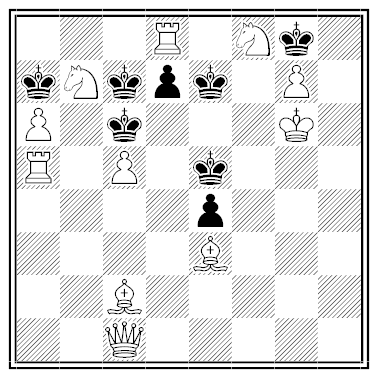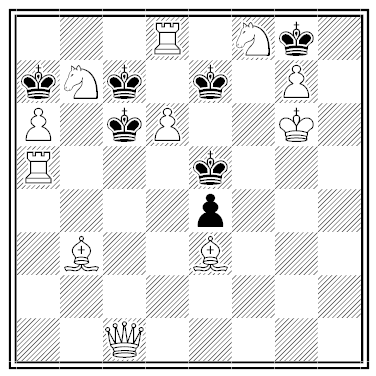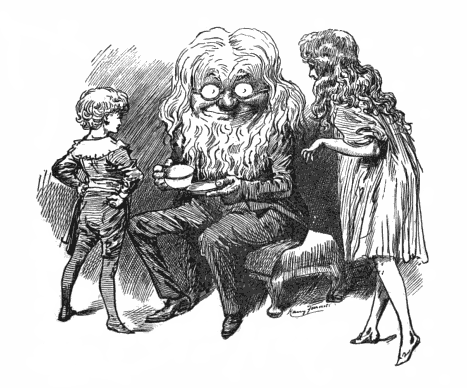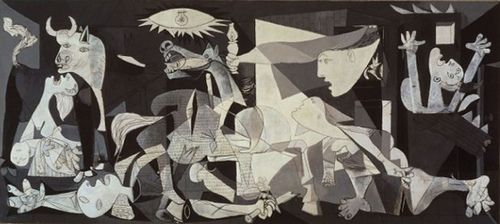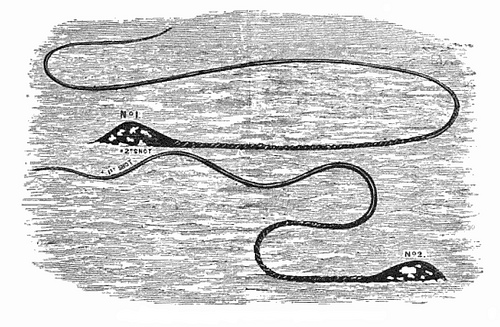
In February 1857 a Dr. Biccard was visiting Green Point in Cape Town when the lighthouse keeper asked him to “come and see a sea monster.” Biccard followed him and was astonished to see the creature illustrated above (“No. 1”) at a distance of about 150 yards. He borrowed a rifle and fired twice; the second ball apparently startled the animal, which straightened and submerged, but it reappeared 10 minutes later at about 200 yards and swam back to its original location, where it assumed position No. 2.
Biccard estimates the animal was about 200 feet long, but he could not estimate its thickness. He thinks the protuberance at one end, which was maculated with white spots, is the upper part of the head. The creature swam into Table Bay shortly afterward and was lost to sight; whatever it was, eight people saw it that day.


